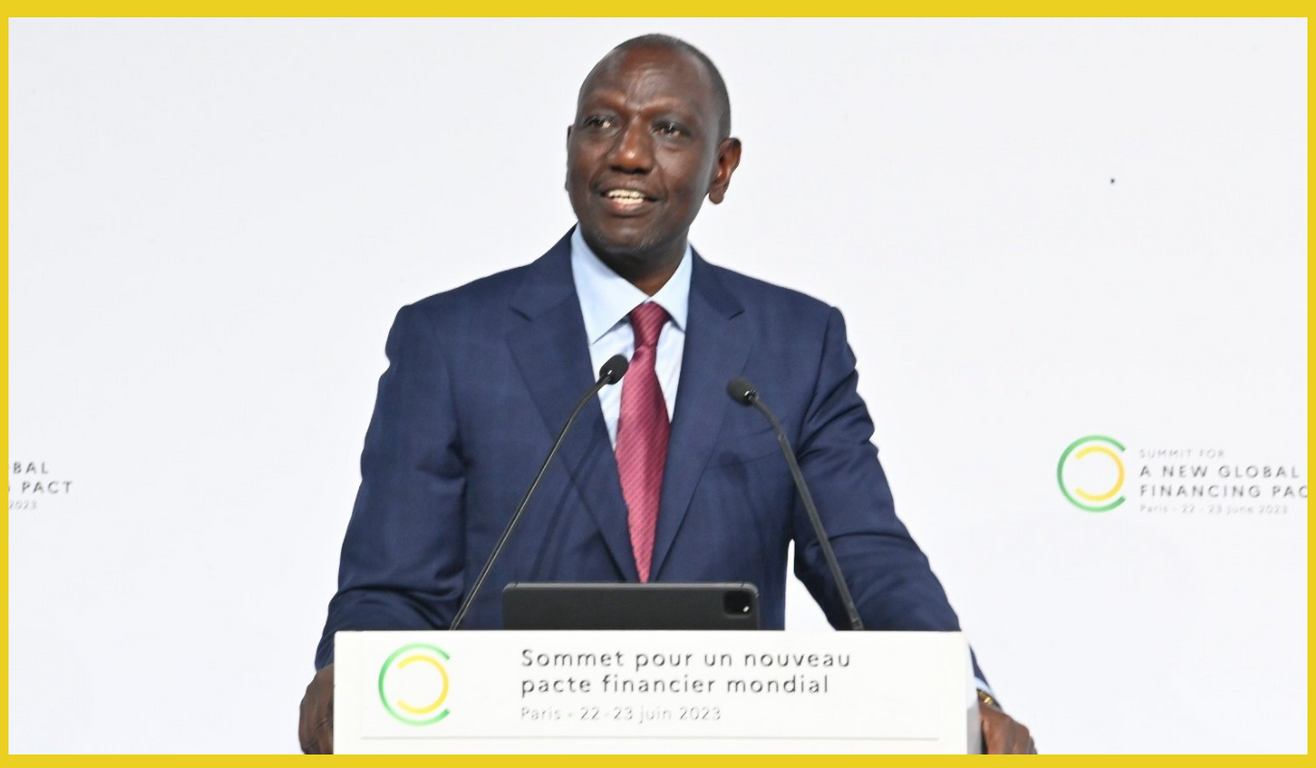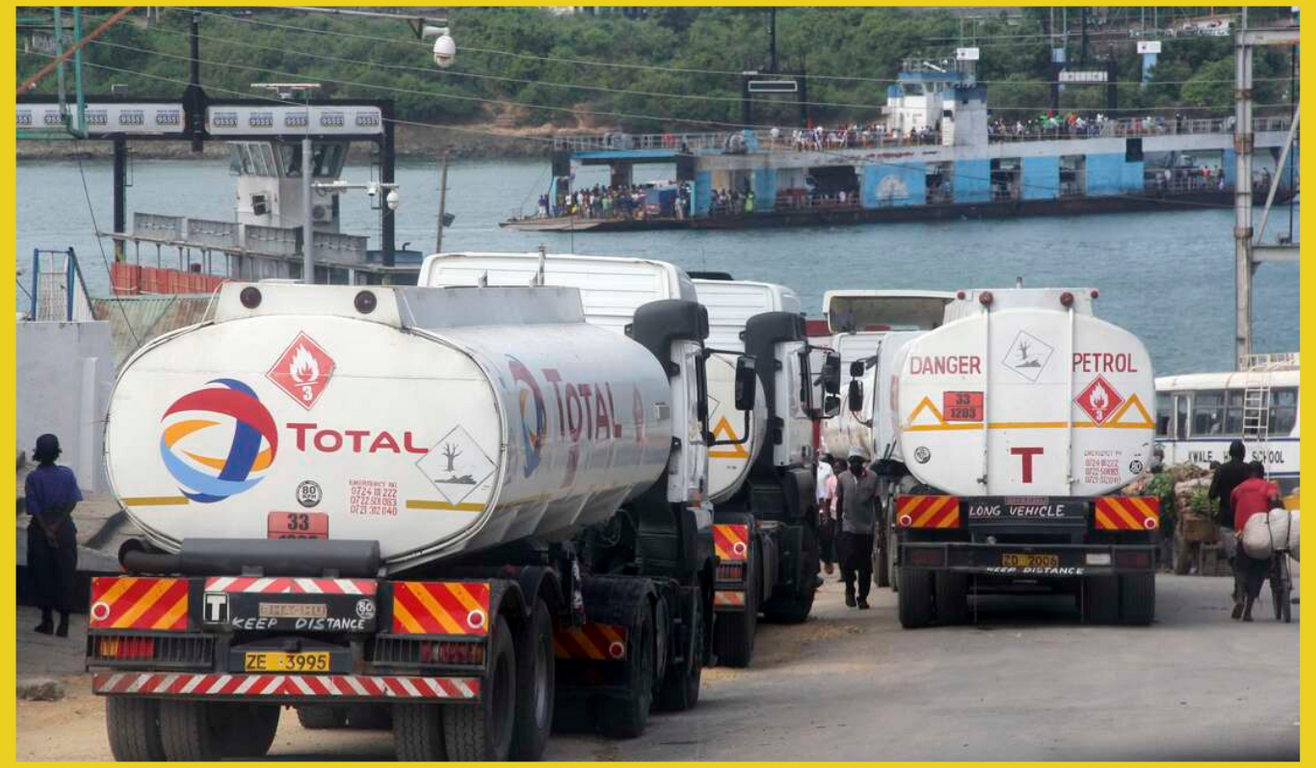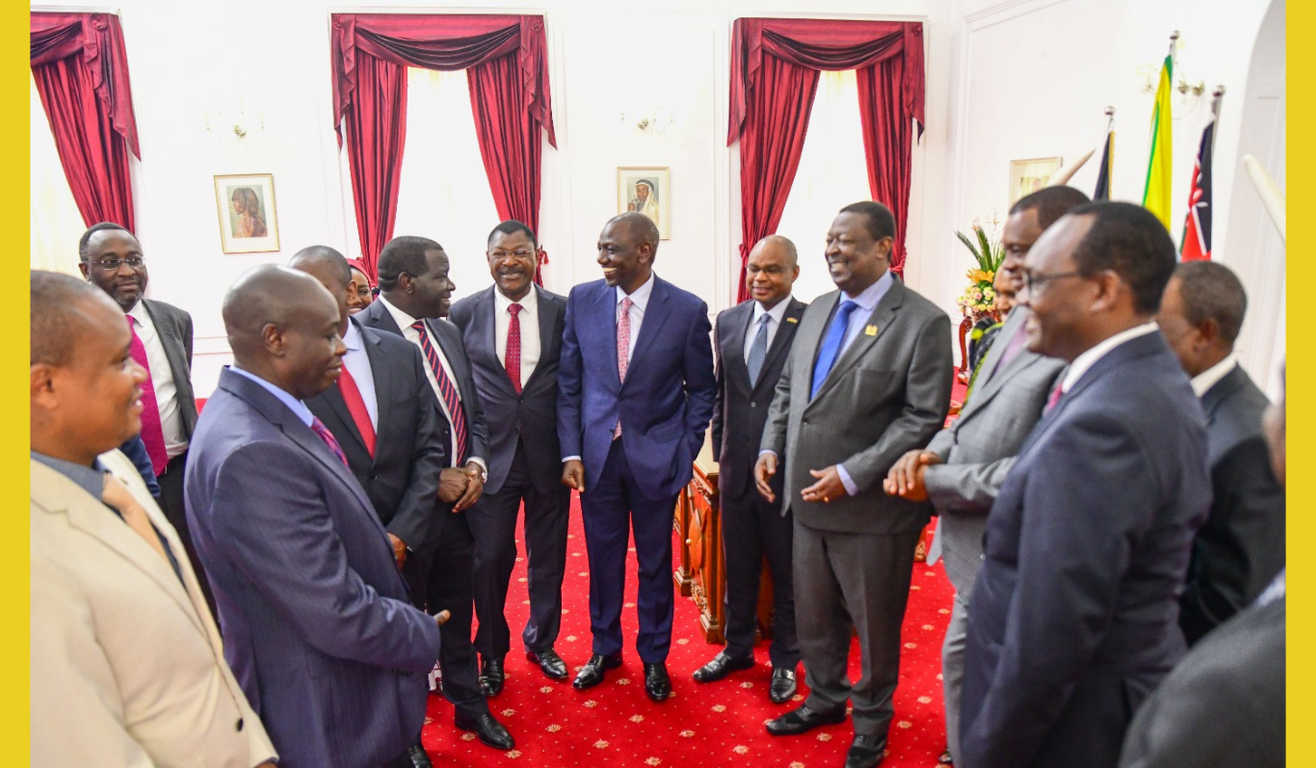President William Ruto’s recent performance on the global stage has been inspirational and a source of pride for many Kenyans, owing to his revolutionary and disruptive ideas on Pan-Africanism, sustainable development, and equality.
While Africa secured political freedom post independence, today, the continent faces a question of economic freedom and transformation. The vision for a just and equal society has inspired the President to address the economic disparities that exist within the country, both in terms of the “mamamboga” and “mabwenyenye,” as well as globally between Africa and the developed world. He is working towards systems that provide opportunity and prosperity for all, especially the marginalized and disadvantaged.
Domestically, the “Kenya Kwanza” initiative conceptualized a bottom-up economic development approach. The maiden budget reveals a plethora of programs on agriculture, SMEs, affordable housing, manufacturing, and the largest-ever spending on education (650B).
Globally, in the spirit of Pan-Africanism and the vision of economic freedom, the President has intensified bilateral trade between Kenya and other African countries. During a recent trip to Djibouti, for example, he established the Kenya-Djibouti Council to drive commerce between the two countries. He also declared a visa-free regime and allowed direct flights to further expand investment.
The President is unequivocal in his call for typical Pan-African collective action and has even proposed a radical de-dollarization mechanism. This mechanism allows traders from within the continent to trade in their goods and services and settle payments in local currencies, which will be very beneficial for Africa.
During his visit to France, he rebuked the existing financial architecture advanced by the IMF and World Bank, which is fundamentally rigged against poor countries in Africa. He boldly called for global solidarity and cooperation to develop an architecture favourable to the Global South and also rescuing Africa from debt distress by restructuring and lengthening period of payments.
Simultaneously, President William Ruto rallied for additional resources to support vulnerable countries still suffering from the adverse effects of a devastating drought and the COVID-19 pandemic. Kenya hosts this summit in September to follow up with these proposals and put into action.
TUJENGE PAMOJA……










